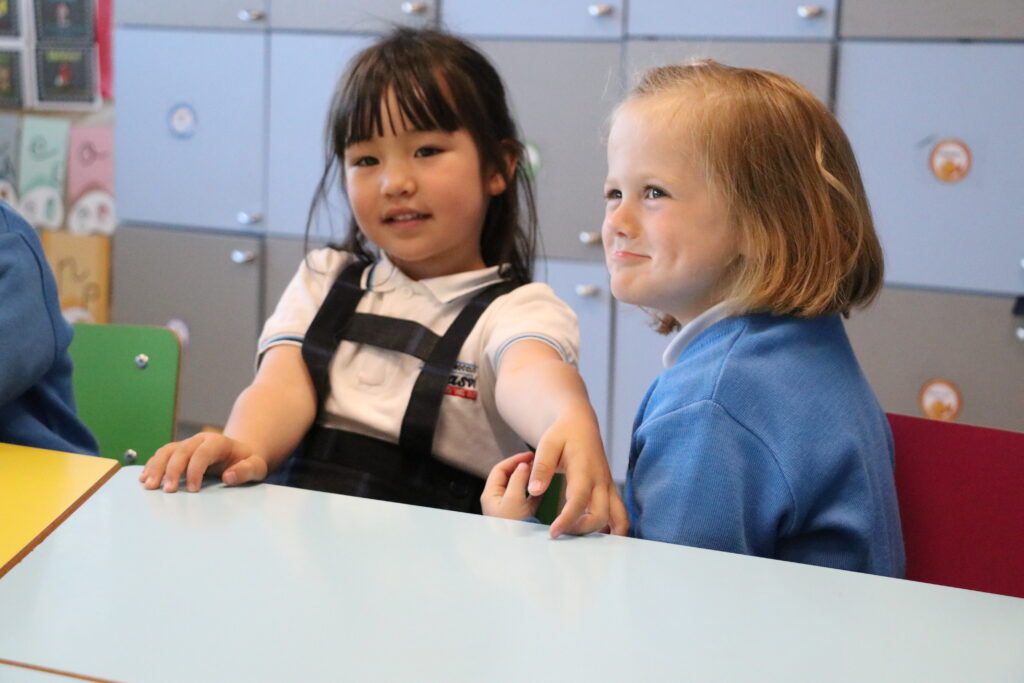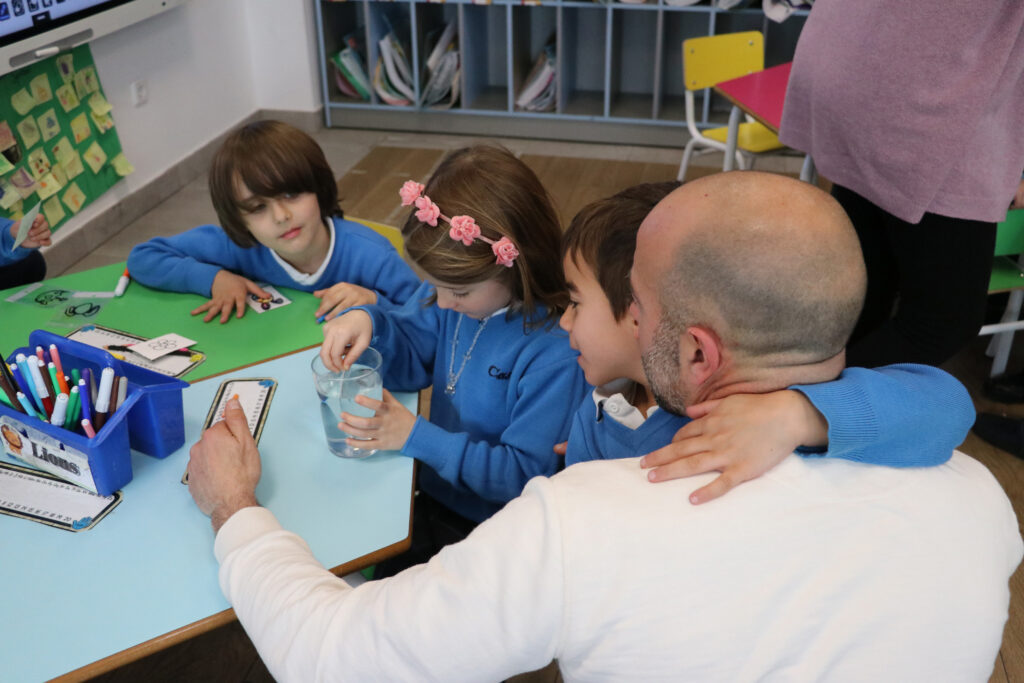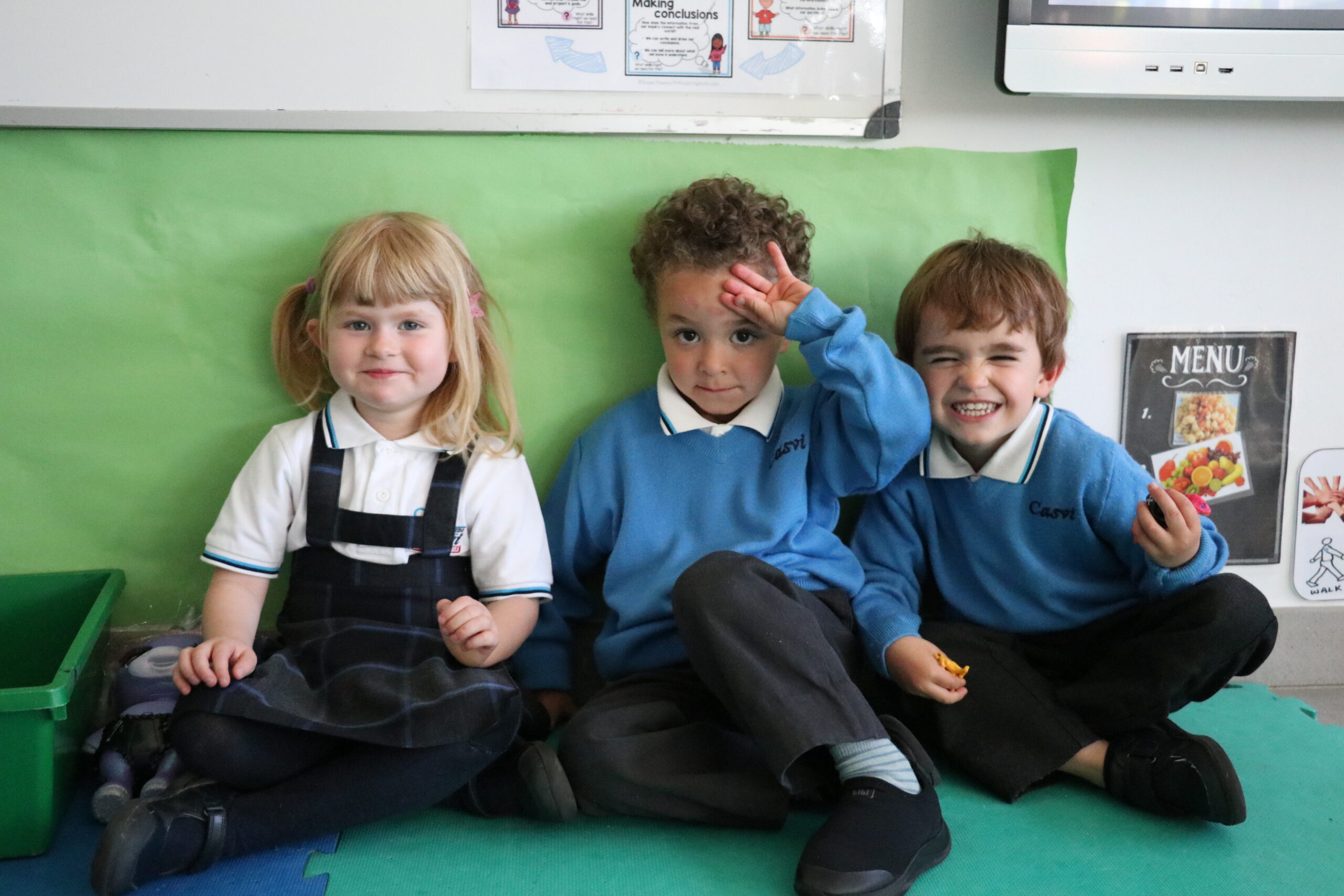There are things in everyday life that move us, such as when a child comforts a classmate, a girl confidently asks for help, or a group resolves a conflict assertively. Although they may seem to be isolated events, they all have as a common foundation a deep affective child development.
It is increasingly common to incorporate emotional intelligence as content to be addressed and worked on in the classroom. A good affective development of children influences the way in which they manage their emotions, relate to others and face the challenges of life.
The Impact of Emotional Development in Children

Since childhood, human beings have affective needs. Emotional and social development is key to learning, as it is the means by which children build their identity and learn to identify, express and regulate emotions that will accompany them throughout their lives.
A child who grows up in a healthy affective environment will be a self-confident adult with greater self-esteem, self-control and social skills. These qualities not only promote personal well-being, but also enhance academic learning and the building of positive relationships.
Likewise, as social beings, it is in our nature to create bonds. When we are young, we need adult companionship to feel secure. This need for affection is the engine of family, school and social connections. For this reason, emotions should not be conceived as something secondary, but as the pillar on which all other learning is based.
The School as a Space for Emotional Growth
Children spend many hours at school, so it is important to promote methodologies that favor empathy, cooperation, respect and communication.
One of the most important tasks of the teacher is to observe, accompany and offer tools for children to develop in an integral way. That is, both cognitively and emotionally.
According to Davante MEDAC, from a methodology based on respect, play and emotional accompaniment, aspects such as the following are worked on:
-Self-knowledge. That is, helping children to identify what they feel.
–Emotional regulation: teaching them strategies to calm down and express what is happening to them.
-Coexistence. When in a group, it is a good time to practice empathy and conflict resolution.
The key role of the family in children's emotional development
The affective development of children does not only depend on the school, but the family plays a fundamental role in this process. In this sense, the family-school relationship must be close, fluid and trusting. It is necessary that there is synergy and cohesion between both parties to reinforce the habits, values and skills that the child is adopting.
In this sense, experts point out a series of activities that can be carried out at home to work on it:
-Dedicate daily quality time without screens.
-Listen toand validate the child’s emotions: ‘I understand that you are sad or angry’. As well as resolving conflicts calmly, without judging what they feel.
–Offer clear and predictable routines that provide security.

Learn More About our Teaching Methodology
At Casvi International American School, emotional intelligence and affective development are issues that are not only dealt with by the Guidance Department, but are transversal issues.
In the particular case of early childhood education, there is a’calm corner’ in each classroom. That is, a space where the student can go in case an emotion is taking hold of him to channel it, calm down and return to the rest of his classmates when he feels better.
If you want to know more about our teaching methodology, visit our website or contact us.

